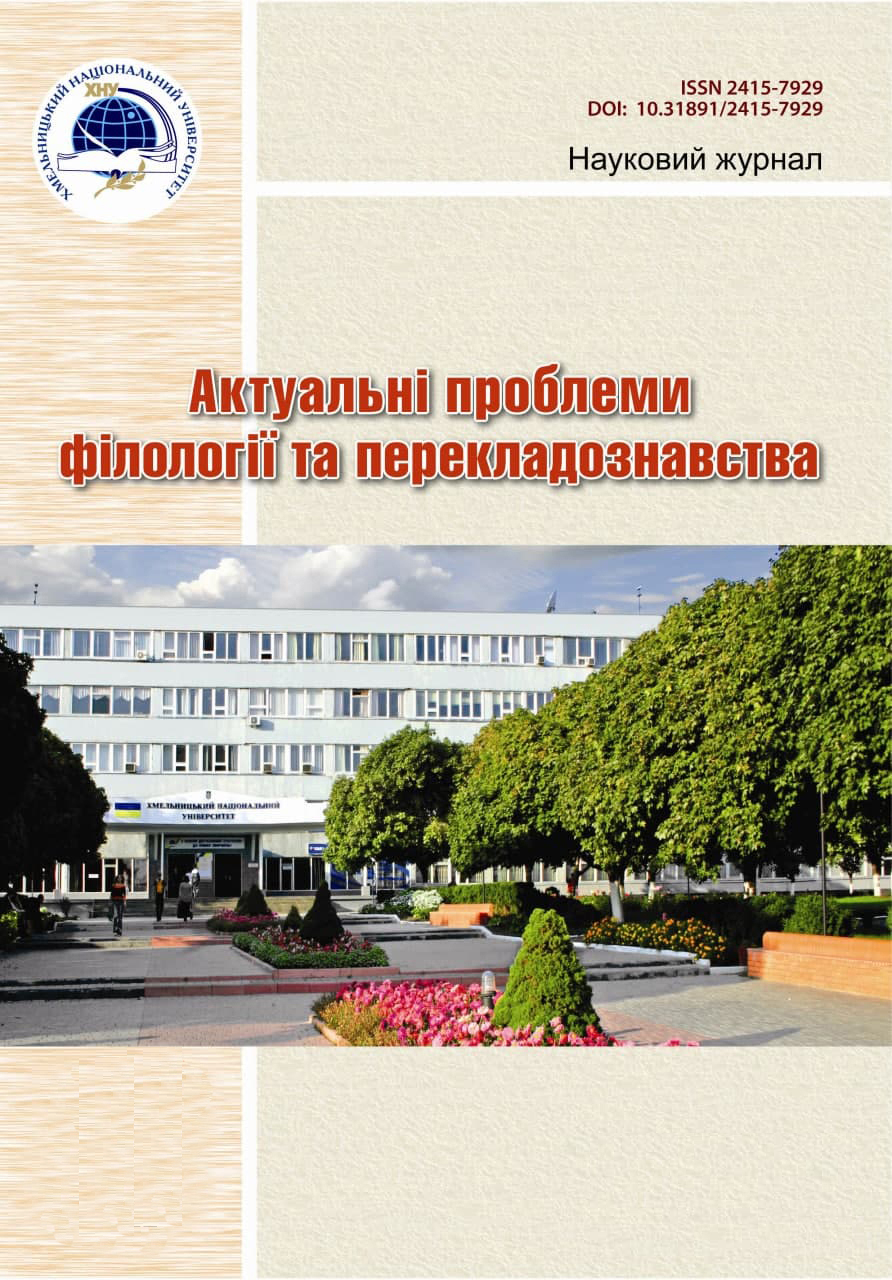SOCIAL AND CULTURAL CHARACTERISTICS OF THE EMANS OF EUPHEMISMS IN PRESENT-DAY GERMAN-LANGUAGE PLANE
DOI:
https://doi.org/10.31891/2415-7929-2021-22-24Keywords:
euphemism, taboo, culture, political correctness, German political discourseAbstract
The article deals with euphemisms as an urgent linguistic issue as the processes of euphemisms formation have been occurring intensively lately. Euphemisms are words and phrases that soften and veil reality giving unpleasant notions pleasant associations thereby making a conversation on a taboo topic possible. The author divides euphemisms into two groups: those formed on the basis of similarity of notion and those formed on the basis of sound similarity. In the first case, euphemisms perform communicative role, while in the second – expressive one not as information media but for expression of an effect. Euphemisms of the first group veil unpleasant aspects of reality. Euphemisms formed on the basis of sound similarity include profanity substitutes and other pejorative phrases (aggressive exclamations, threatening, curses, or aggressive orders).
In the given paper, various spheres of euphemisms application are singled out starting from diplomatic discourse (“the minister does not feel well” means the minister has no intention to participate in the event) and ending with private columns in dating newspapers. The author gives examples of the use of euphemisms in political, economic, official and business sphere, fiction literature. The author assumes that despite extensive use of euphemisms in various types of discourse, we may talk about their certain classifications. Euphemisms may be classified by ethic, thematic, ethno-cultural characteristics. Today, the Americans are most bigoted to the use of euphemisms. The British are also famous masters of using euphemisms.
Euphemisms or language taboo exist in any society and have certain historic or religious basis. Sometime, we do not notice how we use euphemisms subconsciously choosing an option that sounds better. We may assume that even under present-day conditions of guaranteed freedom of speech and opinion, taboo still functions in society. Thus, the use of euphemisms is a necessity. Their serve as means of setting boundaries of taboo zones and help avoid the undesired effect of a straightforward expression. The author views perspectives of further research in a detailed analysis of the use of euphemisms in German political discourse.
Downloads
Published
Issue
Section
License
Copyright (c) 2021 О. РАХІМОВА (Автор)

This work is licensed under a Creative Commons Attribution 4.0 International License.

